Our Legacy of Impactful Projects
At TERC, we take pride in our ongoing commitment to shaping the STEM education landscape through innovative projects and groundbreaking research. Delve into our archives to discover the stories, methodologies, and outcomes of these impactful projects. Even though they may no longer be actively running, the knowledge and insights gained from these initiatives continue to shape the future of STEM education.

Conducting a systematic synthesis of the empirical literature on women of color in computing and technology.
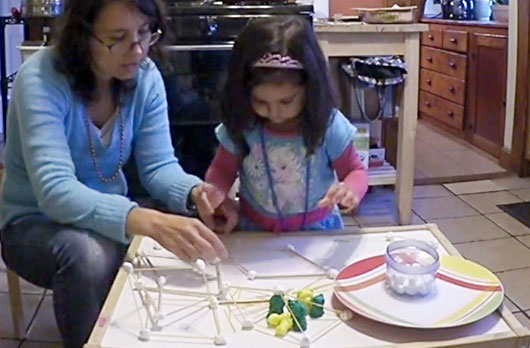
Make Connections was a collaborative, multi-year effort to develop, evaluate, and nationally disseminate an English/Spanish math program for young children and their caregivers.

EdGE and Virtual Space Entertainment (VSE) developed Martian Boneyards—a game of scientific collaboration in the HD, MMO environment Blue Mars—and researched how adult players developed science inquiry skills through solving the science-based mystery.
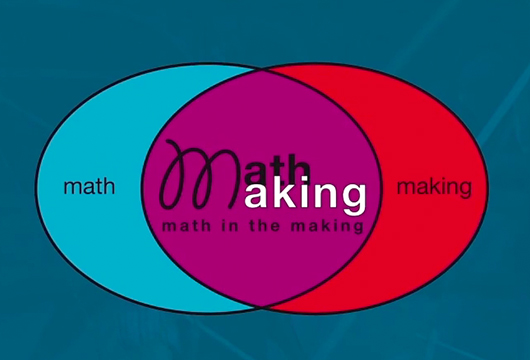
The Math in the Making project asks the question: Can we leverage participation and success in making to help someone who thinks they aren’t very good at math come to see themselves as mathematically competent?
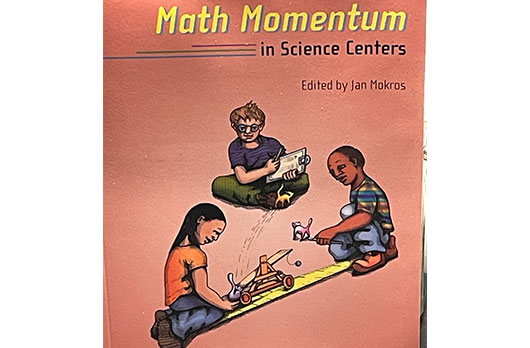
This project built mathematical capacity in science centers through professional development of science center staff from diverse institutions nationwide.
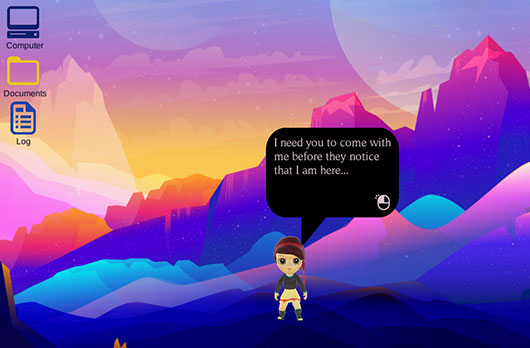
Researchers studied the development of implicit computer skills through a 3D puzzle-based game called May’s Journey.
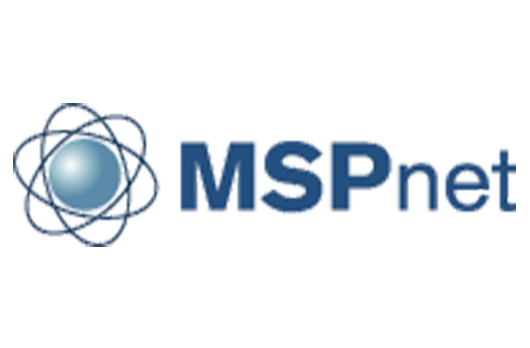
MSPnet.org was an online professional learning network created to serve NSF’s MSP (Math and Science Partnership) program. It facilitated the sharing of strategies, challenges, resources, and expertise within and across MSP projects.

MIaFS addresses a largely under-studied population, in this case Faculty of Color in STEM (FCS) who are also Gender and Sexual Minorities (GSM), through the use of methods rarely used in STEM education research, namely participant-generated Arts-Informed Research (AIR).
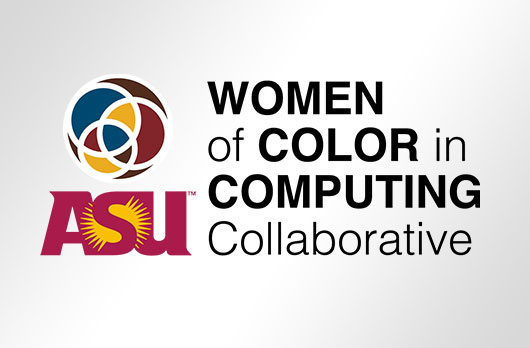
This fellowship resulted in two case studies that explore the persistence of Native American women in computing and technology higher education.
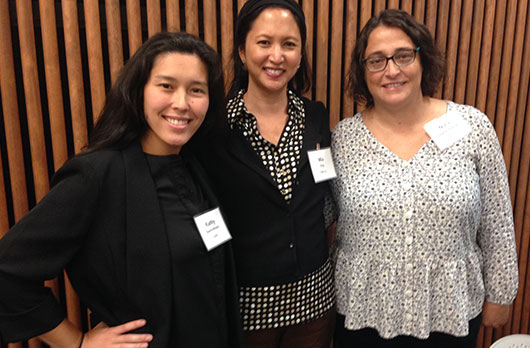
This study examines landscape data and trends on participation of Native women and two-spirit individuals in computing through a scoping review of the existing literature.
